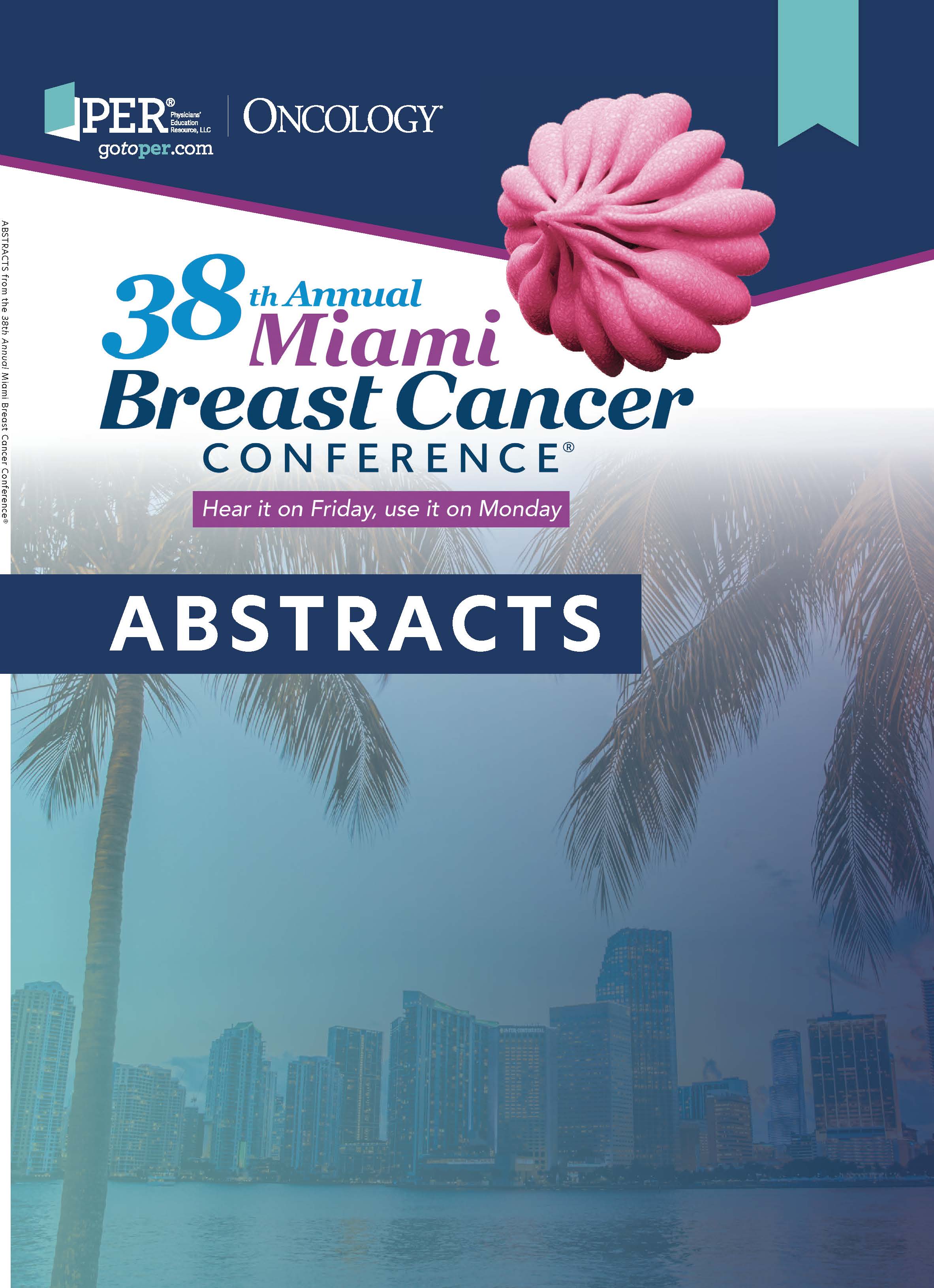15 TiP The FLEX Real-World Data Platform Explores New Gene Expression Profiles and Investigator-Initiated Protocols in Early-Stage Breast Cancer
Pat Whitworth, MD1
1Ascension Saint Thomas Hospital Midtown, Nashville, TN
Background
Genomic expression profiling has transformed breast cancer treatment by providing prognostic information beyond clinical-pathological factors, including metastatic potential of tumors. When combined with comprehensive clinical information, full genome expression data can precisely stratify tumors into clinically actionable subgroups. The FLEXstudyisa large, aggregate real-world data set that comprises full genome expression data combined with annotated clinical data to accelerate research and discovery among breast cancer subsets. Discovery of novel genomic profiles will improve precision in the management of breast cancer, particularly in patient subsets that are underrepresented in traditional clinical trials.
Materials and Methods
The FLEXstudy(NCT03053193) is a multicenter, prospective, observational trial for patients with stage I, II, and III breast cancer whose primary tumor is analyzed by MammaPrint, with or without BluePrint.The primary objective of FLEX is to investigate novel gene associations of prognostic and/or predictive value through development of a large-scale, population-based registry incorporating full genome expression data matched with comprehensive clinical data. The FLEX study supports the inclusion of targeted substudies, allowing for participating investigators to leverage the FLEX network to explore research questions based on full genome expression data. The FLEX collaborative platform allows participating investigators the opportunity to author their own substudy protocols, as approved by the FLEX Scientific Review Committee. Patients enrolled in the initial study are eligible for inclusion in substudies for which they meet all eligibility criteria, and additional consent is not required. Data are collected on patients from diagnosis through 10 years of follow-up; any necessary additional clinical data will be collected as specified in the appendix protocols.
Trial Status
The FLEX study aims to enroll a minimum of 25,000 patients meeting eligibility criteria. As of January 2021, more than 6500 patients have been enrolled from more than 85 sites, including 9 National Cancer Institute–designated Comprehensive Cancer Centers. Currently, substudy research categories include Age and Breast Cancer; Optimizing Therapy Strategies; Breast Cancer and Metabolic Syndrome; ctDNA and Liquid Biopsy; Genomics and Subtypes; Social and Ancestry; and Neoadjuvant Therapy and Surgery. To date, 29 investigator-initiated substudies have been approved.
Trial contact information:
NCT03053193
FLEX@agendia.com
